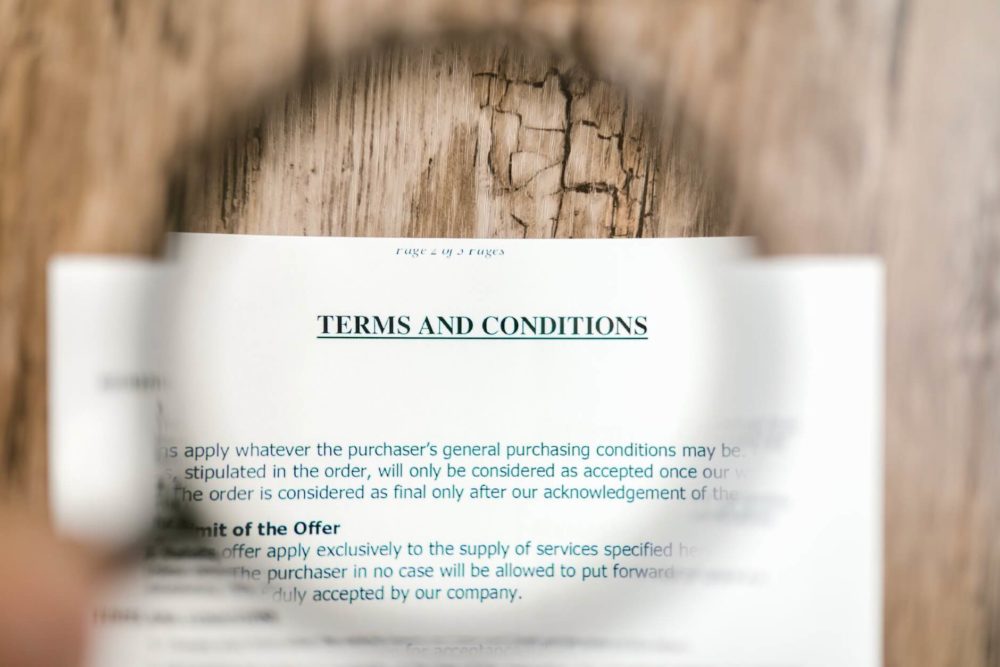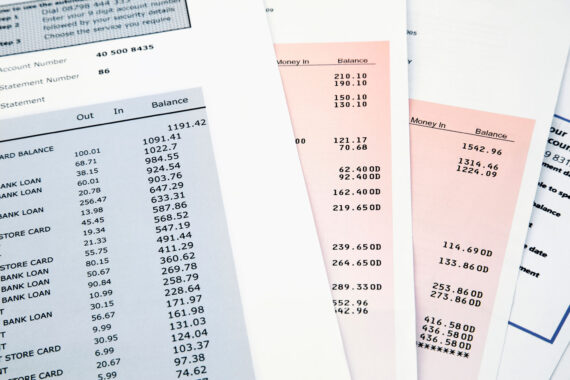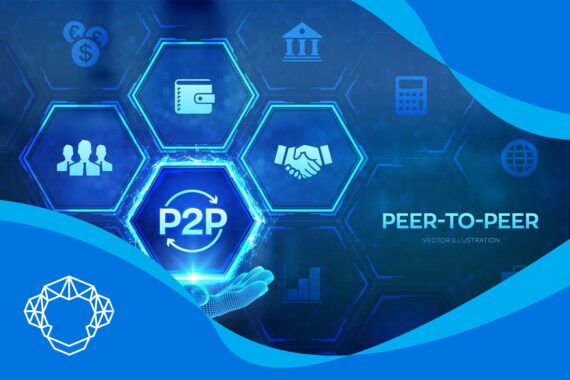Owning a business nowadays can not be imagined without some sort of credit card processing. More and more people prefer to use cash-free or online purchases. And if you are a merchant, you will want to have all the options available for your clients. There are third-party payment processors you can sign up for, aside from credit card processing companies. But how to choose the right option, and what is a third-party payment processor? We will try to answer this and many more questions.
Starting a dropshipping business or any kind of small company is hard and complicated. You will have to think about how small merchants pay taxes, where to get the necessary equipment, the volume of credit card convenience fees, and how to apply for a commercial account. But don’t worry, it may seem complicated now, but with the right guidance, you will quickly grasp how things work, and this article is the first step in doing so.
Let’s Cover Some Basics and See What Merchant Services Are
The first thing you need to learn is what merchant services are and how they work. Once you open a firm, you will have to find the acquiring bank where your earnings will go. The next step is If you wish to receive credit card purchases, a necessity nowadays, you will need credit card processing services provided by a credit card processing company. A merchant company will handle your commercial account and the payments you are receiving as a seller. They will also equip you with a POS system and credit card terminals.
Bear in mind when signing a contract that you should find the company with the best average credit card processing fees and without any hidden transactions fees. That will save you quite a lot of money in the long run. You probably wonder how is this possible? The best would be to find a company that is also a paying processor, so when you take their merchant services, you will not be charged for anything unplanned.
What Is a Payment Gateway?
So when you think we “cracked this nut open,” online purchases emerge. If you wish to start an eCommerce business, you will need a payment gateway. Payment gateway companies are online payments providers that allow your clients to purchase online and you as an entrepreneur to receive payments. Once the purchase is made, the payment gateway will process the transaction and then send funds to your account. For example, Paypal is this kind of provider, but if it doesn’t work for you, there are PayPal alternatives you can look at.

What Are Third-Party Payment Processors
Now it is time to hear what a third-party paying processor definition is. The paying system is also an online paying conductor. Still, the difference between a paying conductor and 3rd side paying processor is that you don’t need to have a commercial account. You can just open up an account at some third-side paying company, and your customers will be able to purchase online from your company. Here are the most common e-commerce paying options:
- PayPal,
- Apple Pay,
- Global paying,
- Stripe,
- Square,
- Venmo.

How Do Third Party Payment Processors Work
Now we’ll explain how do third-party billing & payment processors work. When a customer sees something on your company website, they will be able to make a purchase with the third-side payment. The 3rd-side payment will not send money to your commercial account but their own, and later on, once the funds, credit card, and all information are confirmed, the funds will be transferred to your bank account and be at your disposal. Check this video for a more detailed explanation.
What Resources Do I Need to Use Third-Party Payment Processors
Probably the best thing about third-party paying is the fact that it can be easily established with just a couple of clicks. All you need to do is fill out an online application form to verify your identity and account, and you will be able to accept payments from anywhere in the world. Still, even if it is simpler than setting up commercial accounts, there will be no merchant statement for you to read at the end of the month. There are still some things you must consider when choosing the right platform.
Talk With Your Developers and See if Integration is Possible
Running an online company is not easy without a good web developer so ask him about the best choice for your website. You don’t want the paying software that will make your website slow. Or add software that will not work at all or one with bugs and errors. That is the crucial part of maintaining a trustworthy website and, most importantly, customers that will come back.
Nobody wants to have online shopping lasting longer than it should. So be careful when choosing a third side paying company. Take a good look at your options and choose carefully and even if an online platform of your preferred processor is easy to set up, don’t make a common business mistake and rush things. Ask your web developers if this platform will be compatible with your website. Also, see if a third-party paying processing has an option for virtual credit card terminals so that people can pay with a credit card in your shop without any terminals.

What Are Downsides of Third-Party Payment Processors
There are ups and downs with all the things in the world, and it is the same with third-side paying accounts. So many questions will pop into your mind, and probably most significant will be who regulates third-party paying processors. How can you make them accountable if anything happens with your money? Even most successful small merchants will be upset if they’ve been scammed or if some dropshipping hasn’t been paid. These accounts are not subjected to BSA/AML (Bank Secrecy Act) regulatory requirements, which makes them rather risky.
Transactions Are More Expensive
Even though you will avoid paying debit card fees, as well as interchange fees or any monthly fees that most merchant services and credit card processing companies charge, in reality, you will pay more. You will have a fixed fee for each transaction, and in the long run, this option will become more expensive once your firm expands. But if you are a small shop owner and don’t have money to pay for high-risk commercial account fees, this could be your best option until you establish higher traffic. Also, among credit card processing companies, you can search for one that charges the lowest credit card processing fees and supports new enterprise owners.
Security Risks Are Higher
We already mentioned that these platforms are not regulated by the law, and therefore more subject to possible identity thefts, money laundering, fraud schemes, or other illicit transactions. Although most of these companies have some sort of credit card fraud prevention and can stop the transaction if they think it is illegal, thefts do happen from time to time. So don’t skip reading terms and conditions carefully.
There is No Traditional Customer Support
Ok, there is customer support but not in the way that we used to. The only way you can communicate with someone is through e-mail or chatbots, which is quite annoying once you have to figure out and resolve the problem immediately. With merchant services, you get agents available 24 hours and ready to answer all your questions and to fix any possible bugs and do not honor errors.

What Are Benefits of Owning a Third-Party Payment Account
Depending on the size of your firm and the volume of money flow, this account can be really good. For example, if you are just starting out, you can open this account, have online payments, and avoid all the fees. This option will be more affordable in the short term because the only fees you will be paying are those charged when you make a transaction.
More Flexible Contracts
When opening a firm, the biggest problem you will face is to get enough customers in the first couple of months to keep you running. So naturally, until your firm grows, you will want to save as many unnecessary costs as possible. Therefore signing any long-term contract will be risky, since no one wants to commit to paying something he is not certain he will actually use in the future. That is why third-party paying platforms are great for startups and small merchants that just begin to work – they have flexible short-term contracts. So you will get everything you need for online transactions without much paperwork.

Do I Need a Third Party Payment Processor?
Once you open up a small enterprise, you hear about all options, and third-party paying becomes tempting. It is easy to sign up, there is no paperwork, and there are no fees. And even if it may sound great, you must dig a little deeper and make your choice based on more comprehensive data. The problem with most merchant companies is that they put a big start-up fee, so it is nearly impossible for small businesses to afford that. This is why it is crucial to ask around and not go with the first company you contact. For example, there are companies that offer affordable starting accounts, and they even offer a free-of-charge financial advisor.
On the other hand, if you are running an online store with delivery all over the world, then setting up an account with a third-party paying company will be a better option. These accounts can receive payments no matter where they are coming from, while with a standard commercial account, there will be geographical restrictions because of the safety issues.

It Can Be Beneficial to Your Business in the Short Term But in the End, You Will Have to Take Merchant Services
On the one hand, merchant service providers make it difficult for you to open an account (some don’t even allow you to open an account at all) because fresh merchants are considered high risk. On the other hand, there are third-party paying accounts you can open up in a couple of clicks without any restrictions. Naturally, people decide to open up these accounts because everybody needs an online and cash-free paying option.
And this will work great in the beginning. You will not feel those transaction fees, but once your business starts to grow you will have to sign up for other options. And that is just fine – you will have more time to switch to a merchant service provider that fits your needs entirely. Find a company that is transparent and without hidden costs or fees you never heard about and you will be able to run a successful business.







